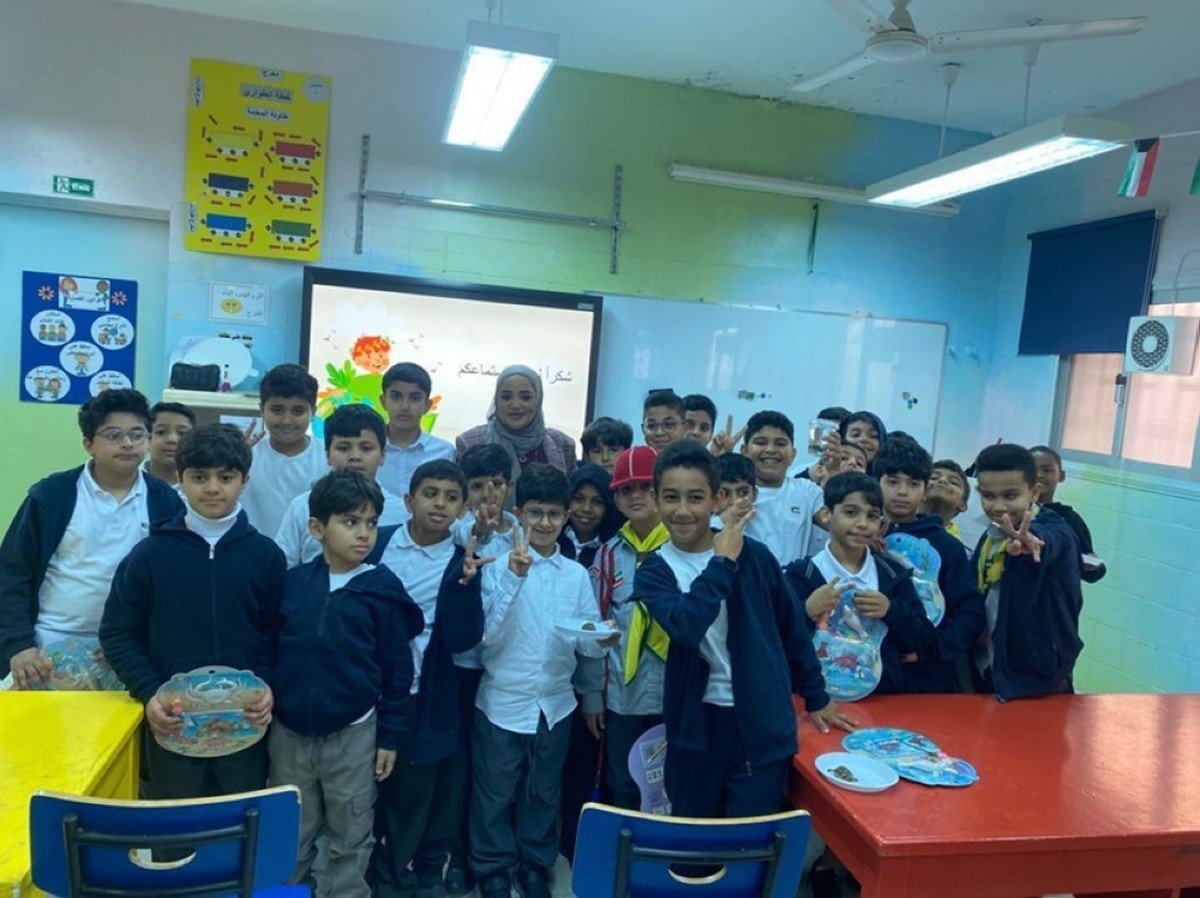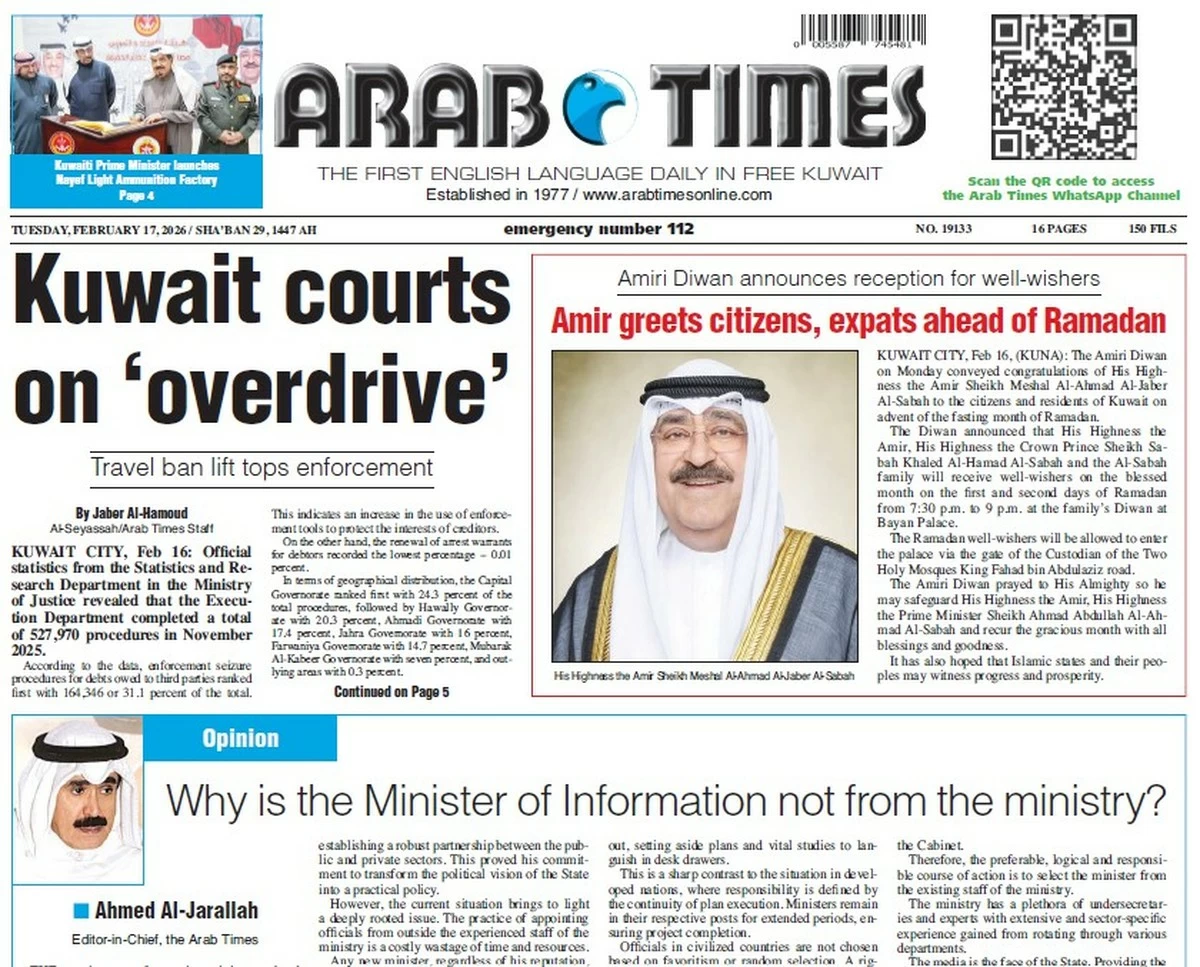14/07/2025
14/07/2025

KUWAIT CITY, July 14: The Kuwait Environment Protection Society (KEPS) unveiled the comprehensive “Green Schools” guide on Sunday, aiming to assist schools in adopting best environmental practices and enhancing awareness to support sustainable development.
The announcement came at the conclusion of KEPS’s 14th annual Green Schools educational awareness program. KEPS Chairperson Dr. Wijdan Al-Oqab highlighted that the guide offers a detailed framework for waste management, energy and water conservation, and the promotion of green spaces within school environments.
Dr. Al-Oqab explained that the guide provides both technical and educational guidelines to establish school environmental clubs, encouraging active participation from students and teachers in sustainability initiatives. It also outlines mechanisms to measure environmental performance through clear criteria and periodic assessments.
The annual program primarily targeted teachers from public and private schools, empowering them to spread environmental and health awareness within their institutions. Throughout the school year, workshops and lectures were conducted to foster values of environmental citizenship and public health among students.
Stressing the importance of science and environmental consciousness in achieving sustainable development goals, Dr. Al-Oqab affirmed that the guide equips schools with practical tools to launch initiatives that promote a healthy, sustainable educational environment grounded in environmental values and scientific awareness.
Jenan Bahzad, Secretary-General of KEPS and Director of Programs and Activities, noted that approximately 2,000 teachers and students from schools nationwide participated in this year’s program. Topics included environmental analysis, sustainable resource management, and the implementation of Kuwait’s Environmental Protection Law.
Bahzad added that the program maintained continuous engagement through field visits and online workshops to ensure broad access and direct interaction with educators.
She outlined the program’s strategic objectives, which aim to strengthen schools as micro-communities capable of transmitting scientific and environmental knowledge to both students and the wider local community. The initiative also seeks to embed a culture of sustainability within schools as a foundation for lasting environmental stewardship.
Looking ahead, Bahzad expressed hope that the Green Schools guide would serve as a catalyst for expanding KEPS’s collaboration with the Ministry of Education and academic institutions. Plans include practical implementation in schools supported by training resources and interactive content.
She praised this year’s success in turning the partnership between government and civil society into measurable impact within Kuwaiti schools. The launch of the guide marks a significant step toward transforming environmental knowledge into daily practices and sustainable institutional education.


